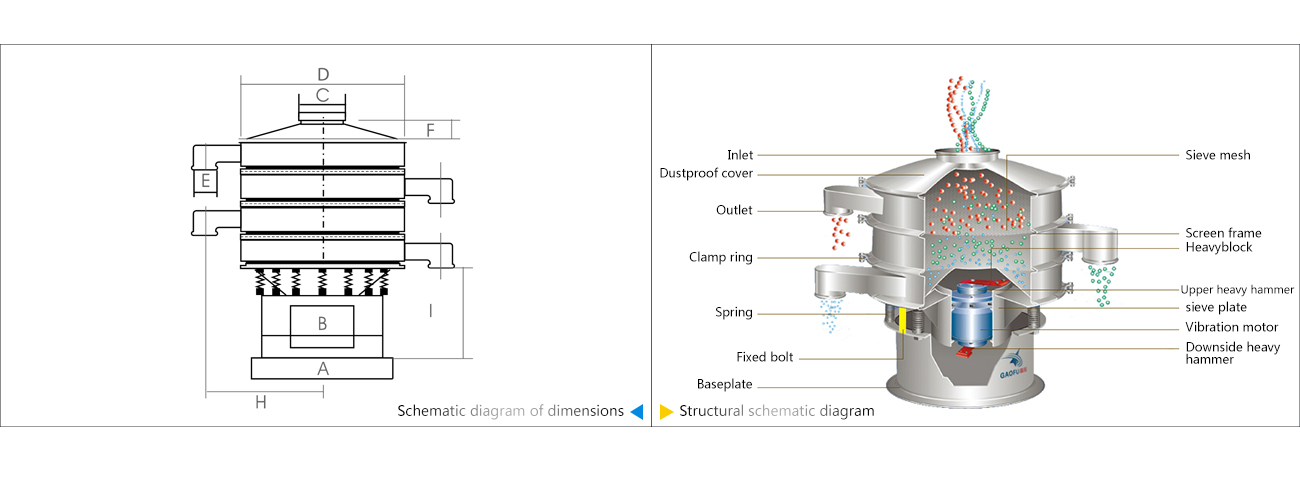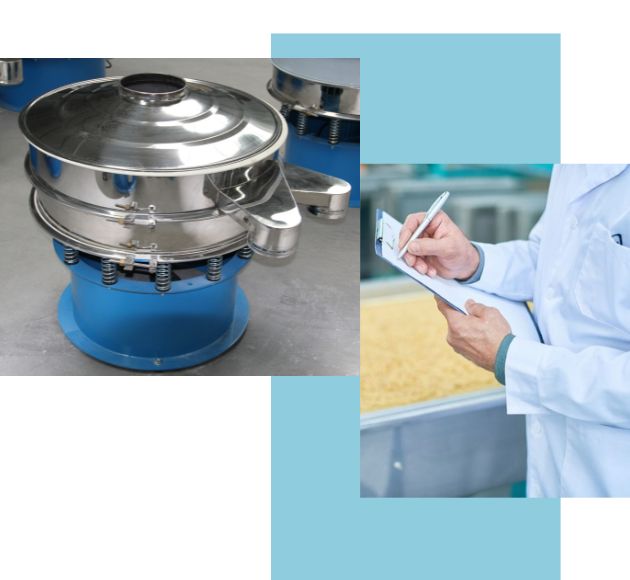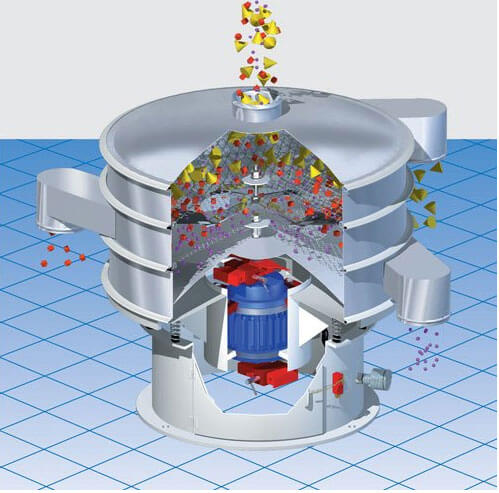Commercial sieve machines, integral to numerous industrial processes, facilitate the separation and classification of materials based on particle size.
Applications Across Industries
In the food industry, maintaining product purity is paramount. Sieve machines effectively remove contaminants such as foreign particles and oversized materials from ingredients like flour, sugar, and spices. This ensures that the final product meets stringent quality standards and is safe for consumer consumption. Additionally, sieving contributes to uniform particle size distribution, enhancing texture and consistency in food products.

Pharmaceutical production demands adherence to rigorous quality control measures. Sieve machines play a critical role in this domain by ensuring that active pharmaceutical ingredients (APIs) and excipients are of uniform particle size. This uniformity is essential for proper dosage formulation and bioavailability. Moreover, sieving assists in the removal of agglomerates and foreign contaminants, thereby upholding compliance with regulatory standards.
In chemical manufacturing, precise particle size distribution is crucial for reactions and product performance. Sieve machines facilitate the classification of powders and granules, ensuring consistency in particle size. This uniformity enhances the efficiency of chemical reactions and the quality of the final product. Furthermore, sieving aids in the removal of impurities, contributing to product purity.

The construction sector relies on sieve machines for the classification of aggregates such as sand, gravel, and crushed stone. Proper sizing of these materials is vital for the integrity and strength of concrete and asphalt. Sieve machines ensure that aggregates meet specified size criteria, leading to improved bonding and durability in construction projects.In recycling facilities, sieve machines are employed to sort and classify materials like plastics, glass, and metals. By separating materials based on size, sieving enhances the efficiency of the recycling process, leading to higher recovery rates. This sorting is essential for producing high-quality recycled materials and reducing waste sent to landfills.
Benefits of Implementing Sieve Machines
Increased Production Efficiency
Sieve machines automate the separation process, significantly reducing manual labor and processing time. This automation leads to higher throughput and allows for the handling of large volumes of material with minimal human intervention. Consequently, production lines experience enhanced efficiency and reduced bottlenecks.

Enhanced Product Quality and Consistency
By ensuring uniform particle size distribution and the removal of contaminants, sieve machines contribute to superior product quality. This consistency is vital for maintaining brand reputation and meeting customer expectations. In industries like pharmaceuticals and food processing, product uniformity is directly linked to safety and efficacy.
Reduction in Labor Costs
The automation provided by sieve machines decreases the need for manual sorting and inspection. This reduction in labor requirements translates to cost savings for manufacturers. Additionally, it allows the workforce to be allocated to more complex tasks, enhancing overall operational efficiency.
Compliance with Industry Standards
Many industries are governed by strict regulations regarding product quality and safety. Sieve machines assist in meeting these standards by ensuring products are free from contaminants and possess the desired particle size distribution. Compliance not only avoids legal repercussions but also builds consumer trust.

Future Trends in Commercial Sieving
Adoption of Smart Manufacturing Practices
The integration of the Industrial Internet of Things (IIoT) and smart technologies is transforming sieving operations. Modern sieve machines are now equipped with sensors and connectivity features that allow for real-time monitoring and data analysis. This connectivity enables predictive maintenance, process optimization, and enhanced decision-making capabilities.
Evolution of Modular and Customizable Designs
Manufacturers are increasingly seeking equipment that can be tailored to specific process requirements. Modular sieve machine designs offer flexibility, allowing for easy upgrades and adjustments. This adaptability ensures that the equipment can evolve in tandem with changing production needs, providing a cost-effective solution for businesses.

Expansion into Emerging Markets and Applications
As global industries expand, there is a growing demand for sieving solutions in emerging markets. Additionally, new applications are being discovered in sectors such as biotechnology and advanced materials. This expansion presents opportunities for innovation in sieve machine technology to meet diverse and evolving industry requirements.
In conclusion, commercial sieve machines are indispensable across various industries, offering significant benefits in efficiency, quality control, and compliance. Staying abreast of future trends ensures that businesses can leverage the full potential of sieving technology in an ever-changing industrial landscape.
